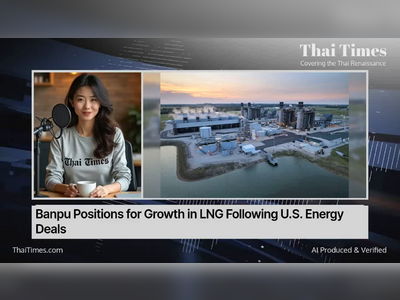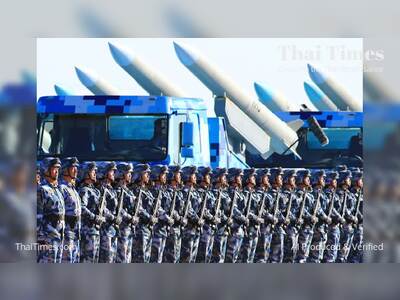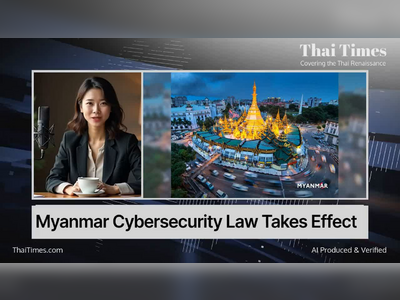Reassessing U.S.-Hong Kong Financial Connections
Harmonizing Economic Interests with Ethical Considerations
The enduring financial ties between the United States and Hong Kong are facing scrutiny due to rising concerns about financial crimes and shifting geopolitical landscapes.
U.S. legislators are increasingly apprehensive about Hong Kong's growing notoriety as a center for money laundering and evading sanctions.
In 2023, nearly 40% of goods exported from Hong Kong to Russia were high-priority items, sparking worries about potential misuse of Hong Kong's financial systems in supporting the conflict in Ukraine.
Despite these apprehensions, Hong Kong remains an essential international financial hub, taking extensive measures to combat illegal activities.
Severing economic links could have significant repercussions, economically and by potentially pushing Hong Kong closer to China's ideological sphere.
Recent actions by Beijing, such as the national security law and the clampdown on pro-democracy supporters, highlight the decrease in autonomy in Hong Kong and raise ethical concerns about maintaining financial engagements.
While some advocate using connections as instruments for reform, as was the case in South Africa during apartheid, others caution against silent complicity.
The discussion centers on finding a sustainable approach that balances economic stability with a commitment to democratic values.
This complex situation requires a nuanced strategy, possibly involving targeted sanctions to align actions with U.S. moral principles.
Historical lessons urge us to develop a financial ethics stance that not only reshapes U.S.-Hong Kong relations but may also set global precedents.
U.S. legislators are increasingly apprehensive about Hong Kong's growing notoriety as a center for money laundering and evading sanctions.
In 2023, nearly 40% of goods exported from Hong Kong to Russia were high-priority items, sparking worries about potential misuse of Hong Kong's financial systems in supporting the conflict in Ukraine.
Despite these apprehensions, Hong Kong remains an essential international financial hub, taking extensive measures to combat illegal activities.
Severing economic links could have significant repercussions, economically and by potentially pushing Hong Kong closer to China's ideological sphere.
Recent actions by Beijing, such as the national security law and the clampdown on pro-democracy supporters, highlight the decrease in autonomy in Hong Kong and raise ethical concerns about maintaining financial engagements.
While some advocate using connections as instruments for reform, as was the case in South Africa during apartheid, others caution against silent complicity.
The discussion centers on finding a sustainable approach that balances economic stability with a commitment to democratic values.
This complex situation requires a nuanced strategy, possibly involving targeted sanctions to align actions with U.S. moral principles.
Historical lessons urge us to develop a financial ethics stance that not only reshapes U.S.-Hong Kong relations but may also set global precedents.











